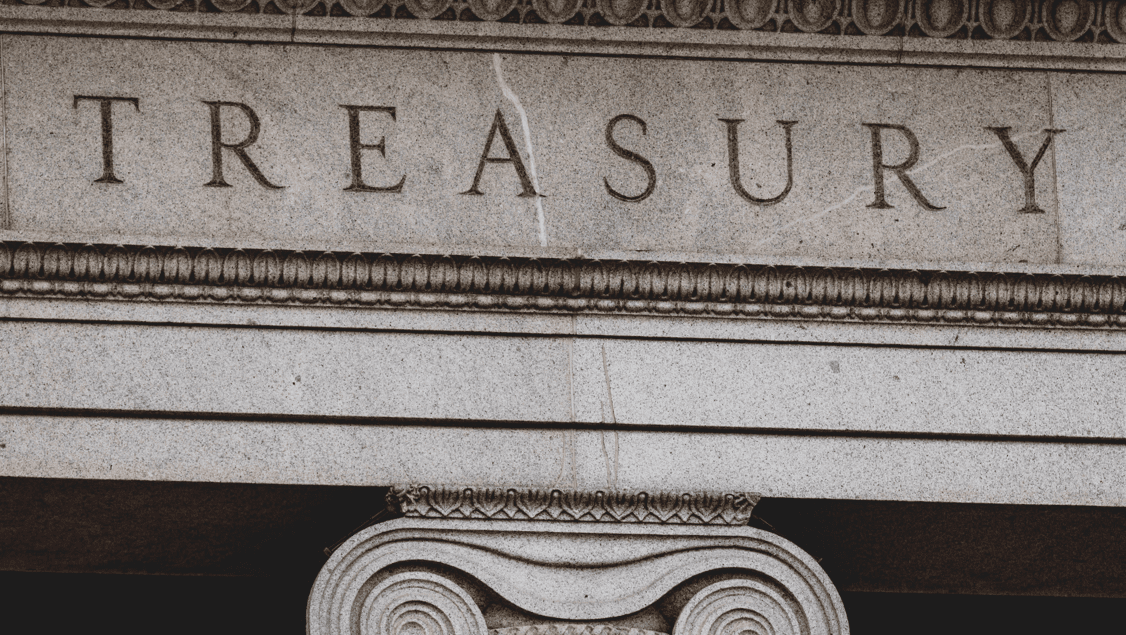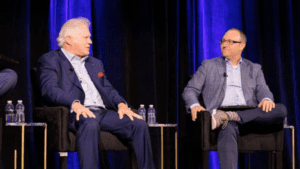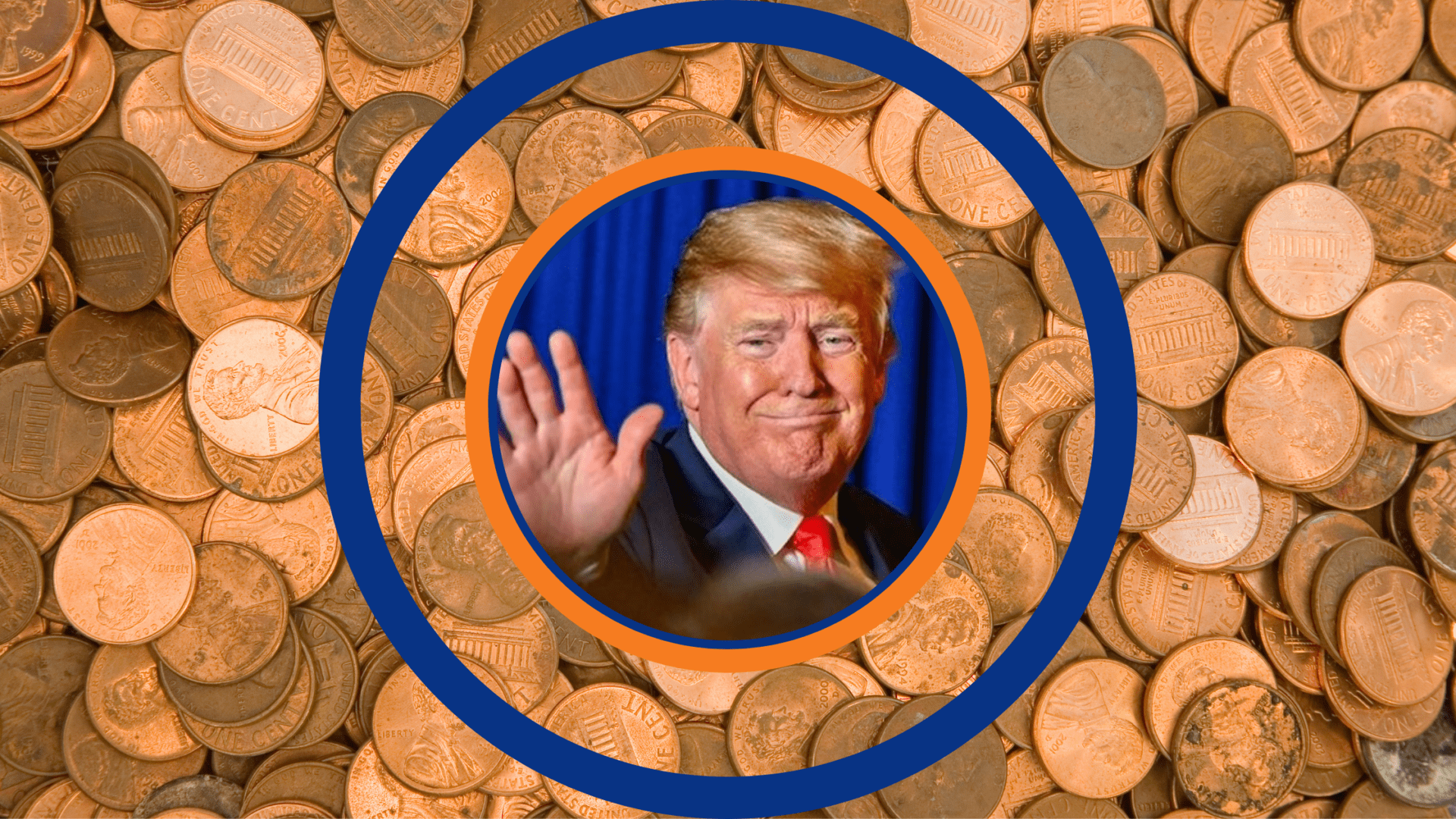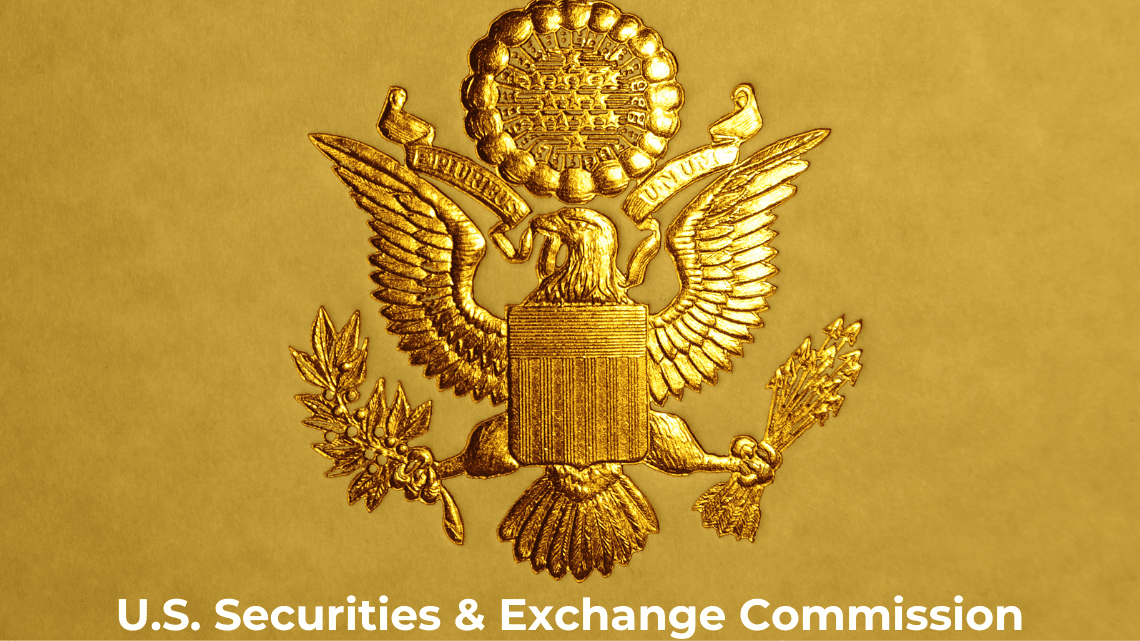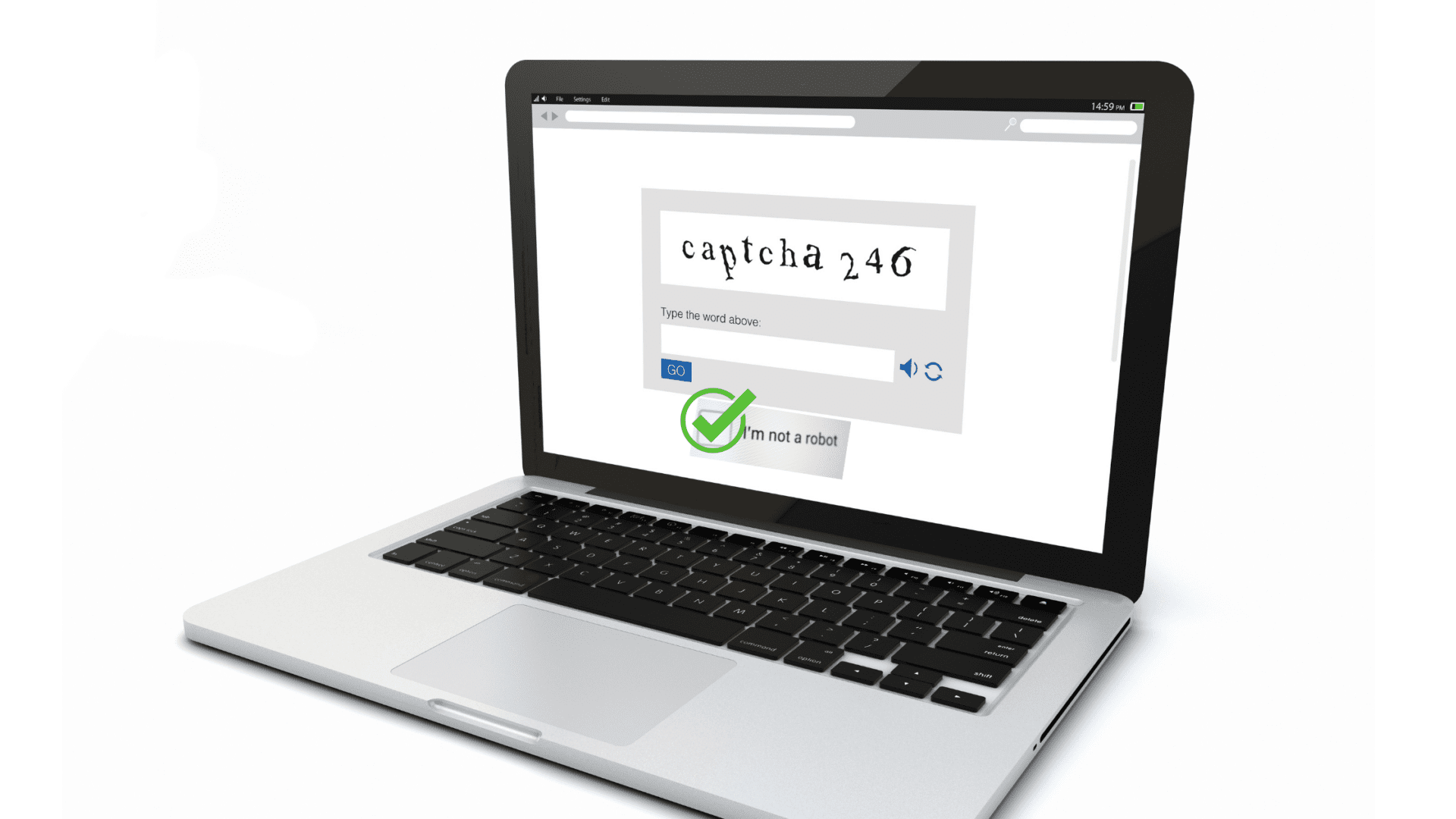In a move that sent shockwaves through the financial services industry, the U.S. Bureau of Fiscal Services’ payment system—handling over 90 percent of federal payments—was taken over by non-civil-service individuals, including Elon Musk and a group of young engineers. The action was positioned as a strategic move by President Trump.
The implications of this unprecedented event stretch across trust, security, and financial stability, raising urgent questions for banks, fintech firms, and regulators. Causes and effects were the topic of conversation among five industry professionals for the website PivotAssets:
- Stessa Cohen, Strategic Technology Consultant, PivotAssets, Phila., PA
- Richard Stiennon, Research Analyst, IT-Harvest, Birmingham, MI
- Dion Lisle, Partner, Fund of Funds Venture Fund, San Francisco, CA
- Theodora Lau, Founder, Unconventional Ventures, Washington, DC
- Alex Jimenez, fintech consultant at Backbase, Amsterdam, The Netherlands
An Immediate Impact on Financial Trust
Among the most concerning repercussions of the Trump action was its almost immediate effect on assured reliability.
“Banking and financial systems depend on trust,” notes Stiennon. “When the system used to make payments and disburse funds is suddenly controlled by individuals who lack security clearance and proper vetting, the risk is incalculable.”
He goes on to warn that even one processing mistake in Treasury payments such as U.S. T-bill transactions could erode global confidence in the dollar. “A single mispayment on T-bills means a default,” he cautions. “We don’t want to go there.”
Insider Trading and Data Exposure Risks
Beyond trust, insider access to financial data raises alarming concerns. Lisle highlights the unprecedented advantage Musk and his team now hold: “This gives them access to more insider trading information than anyone in history. They can buy and sell bank stocks, bonds, and other assets based on real-time Treasury data. No SEC rules apply to them. They could make billions.”
Lau underscores the action’s massive privacy concerns: “They now have access to the financial details of every American and business. This is a code-red alarm. How is this not on the front page of every newspaper?” he asks, citing what he sees as a delayed response by the financial press.
The Political Interference Problem
The intersection of financial systems and political power has rarely been this blatant, industry observers profess. Jimenez raises concerns over what he sees as Musk’s erratic leadership. “We’re talking about a CEO with a history of SEC violations, someone who enjoys trolling. Do we really want someone like that in control of Treasury’s payment system?”
Meanwhile, Lisle draws a stark historical parallel: “In Yugoslavia, control over the financial system was politicized, and it led to economic collapse and civil war. Are we underestimating the risk of politicizing the U.S. Treasury?”
What Banks and Vendors Must Do Now
The panel of experts discussing this unprecedented action from the White House were in solidarity on what they believe is a proper response: Financial institutions must act swiftly. “First, banks need assurance from the Fed. If banks lose trust in the Fed, everything unravels,” Jimenez says.
Meanwhile, Stiennon called for resistance from inside government agencies: “If you’re a CISO or security officer at the Treasury or Federal Reserve, this is your moment. Do not hand over the keys to the kingdom. You wouldn’t let Russian hackers in—don’t let this happen.”
Lisle urged financial firms to adopt a wait-and-see approach, given the administration’s unpredictability. “This is not a time for rash decisions. But it is a time for pushback, questioning government leaders, and ensuring there are real guardrails in place.”
Fintech’s Naïveté in a Volatile Climate
Lisle points out that fintech startups remain largely oblivious to the severity of the situation. “Many fintech founders don’t truly understand how the Fed and Treasury work. They assume VC money will keep flowing. But this crisis touches every aspect of American finance. How is this not being treated as a financial coup?”
An Urgent Call to Action
As financial institutions face this unprecedented challenge, industry leaders must demand transparency, reinforce cybersecurity measures, and advocate for regulatory stability.
“Bankers need to be on the phone with the ABA, CBA, and ICBA,” Jimenez insists. “Where are the trade groups? Why are they silent?”
Lau concludes with a stark warning: “This isn’t just a one-time breach. It’s a redefinition of who controls the financial system. The question is: Will we fight to take it back?”
The stakes have never been higher, and the pundits delving into all the ramifications agree on one point: The financial industry must act—before it’s too late.
The full discussion on the implications of the Treasury’s payment system takeover can be found at PivotAssets.

